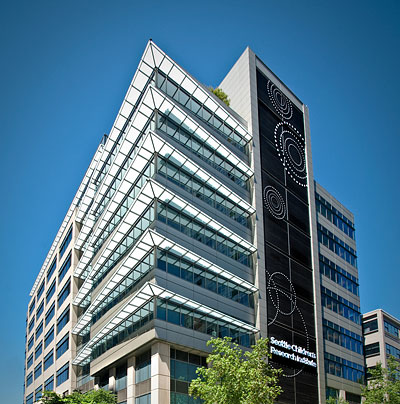Pilot 15 – Identification of Predictive Biomarkers for Antibiotic Associated Nephrotoxicity in Cystic Fibrosis
P.I.: Pavan Bhatraju, MD
Acting Instructor, Pulmonary and Critical Care
Individuals with cystic fibrosis (CF) often are chronically infected with gram negative organisms in their lungs, and have intermittent flares of these infections, requiring antibiotic treatment. Aminoglycosides and polymyxins are commonly used antibiotics to treat these infections but are limited due to side effects, such as acute kidney injury (AKI) as described by our group and others. Repeated nephrotoxic antibiotic exposures are associated with an increased prevalence of chronic renal dysfunction in CF. Despite the burden of kidney disease in CF, we still lack effective methods for early identification of antibiotic associated AKI. We propose to identify markers predictive of antibiotic associated AKI in an ex-vivo system and then translate these findings to clinical samples from CF patients. To accomplish these research goals, we will model antibiotic associated AKI using a 3D renal epithelial cell proximal tubule microphysiological system (MPS) developed at the University of Washington (UW). This pre-clinical model uses primary human cells to develop a 3D proximal tubule and allows luminal exposure of toxins. Our model is an ideal system because aminoglycosides/polymyxins are presumed to cause nephrotoxicity through reabsorption from the luminal filtrate and accumulation in proximal tubule cells. To translate findings from the MPS to humans, we will use the strong translational research group at the UW to recruit individuals with CF and test whether biomarkers identified ex-vivo are associated with the development of kidney injury in clinical samples.

